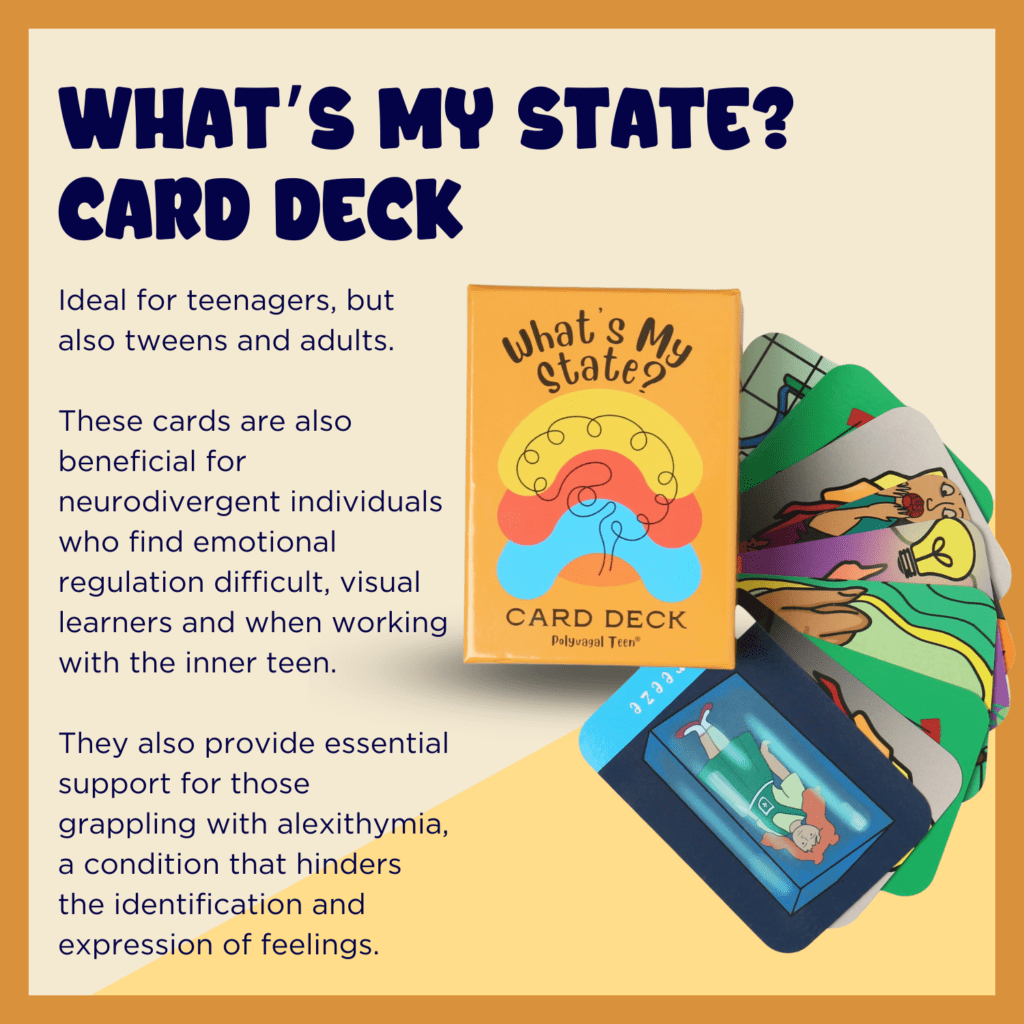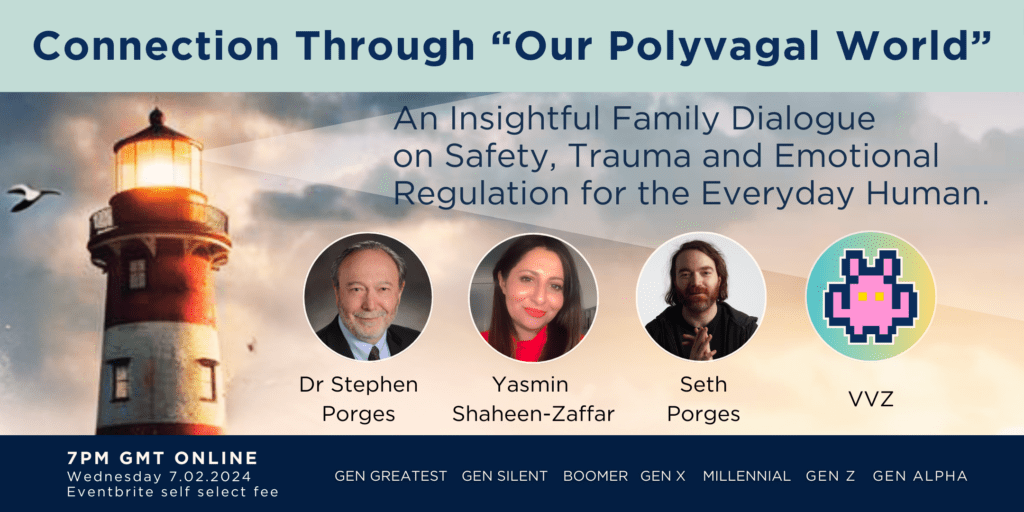Home » Work With Us | Polyvagal Training & Workshops | Polyvagal Teen®
Polyvagal Training & Workshops - for Schools, Practitioners & Families
We offer polyvagal training and workshops that turn neuroscience into practical tools for classrooms, services, and families.
Our polyvagal-informed programmes and resources are accessible and a kinder way that make regulation doable – without pressure or force. We also co-create commission polyvagal-informed programmes, CPD, and resources tailored to your community. Co-designed, practical, and easy to roll out. Our tools are in plain English, sensory-friendly, suitable for alexithymia & rejection-sensitivity.
Begin with the free R.U.D Process®: a one-page guide to increasing self-awareness and diffusing tough moments.
We Work With

Polyvagal Workshops for Practitioners
Whether you are a counsellor, coach, psychologist, G.P, youth worker or working in CAMHS, community services - we provide session-ready tools for teens, emerging adults, and families. Engagement can dip when clients feel overwhelmed or shut down. You need prompts and micro-practices that open the conversation quickly, fit short sessions, and transfer to home and school - especially for neurodivergent clients.

Polyvagal Tools for Families
Polyvagal-informed tools for everyday family life.
Mornings explode, homework derails, bedtimes stretch. You know how you “should” respond - but in the moment, it’s hard.
You need tools and visuals that work through tough moments and make days steadier, especially with neurodivergent teens and tweens where emotional regulation is challenging.

Polyvagal Theory Training for Schools (AP, SEND)
Polyvagal theory for classrooms and corridors that stay steadier. When stress spikes, emotional contagion can ripple through a class in seconds. Transitions unravel, behaviour incidents rise, and responses vary from teacher to teacher. Staff want a shared approach that’s practical, inclusive, and doable with limited time. Tools that support reducing stress and burnout.

Polyvagal Theory For Organisations (services, charities, trusts)
Consistent, polyvagal-informed practice across teams. Services - whether charity or corporate want fewer incidents, better safeguarding conversations, and approaches that survive staff turnover. You need policy-friendly, accessible tools that are neuro-affirming and practical across roles-from leadership to front-line practitioners.
Get to know your nervous system
We believe understanding your nervous system is the first step to steadier days. Because when you know how your body reads safety and stress, you can build better bonds—with yourself and with the people around you. So, small moments start to feel more manageable.
At Polyvagal Teen®, we turn polyvagal theory into simple, pressure-free tools. In other words, we make nervous system regulation doable – without jargon or shame. As a result, you can notice what’s happening, name it, and choose one gentle next step. Over time, you spot the clues sooner – so you choose the next step, instead of the next step choosing you.


